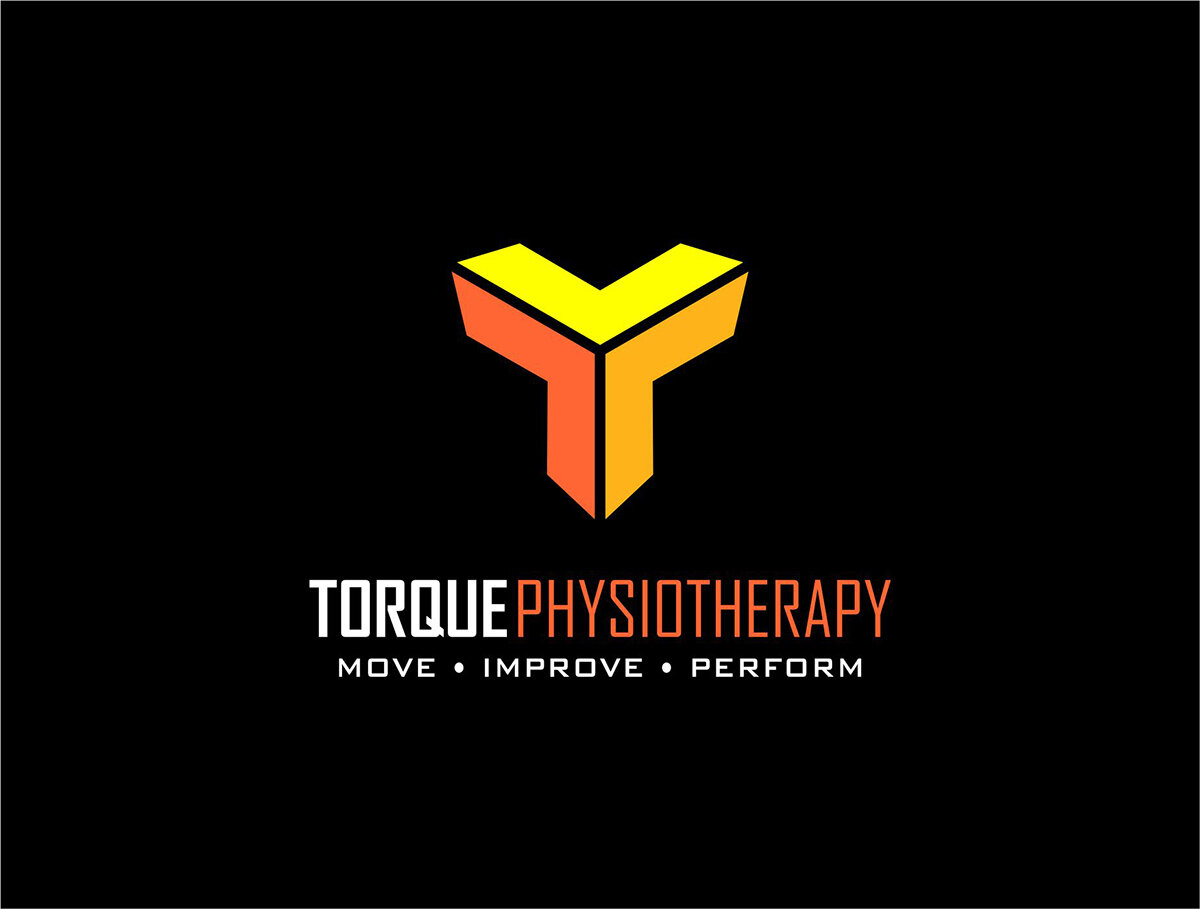
Vertigo & Dizziness
Dizziness and Vertigo
Dizziness, vertigo and balance problems are not an uncommon problem amongst the population and the impact can be far-reaching and challenging with respect to normal daily function. There are a number of potential underlying pathologies which may trigger disequilibrium (sense of loss of balance), or a feeling that the world is spinning around you.
Whilst these symptoms are sometimes associated with serious disease, quite often the underlying issue could be related to dysfunction and disturbance of the vestibular system. However, if you are experiencing other symptoms not related to dizziness or vertigo, such as disturbance of vision, speech or swallowing, weakness or coordination difficulties, it is important to seek immediate medical attention via your nearest doctor or hospital.
One particular vestibular system condition that may cause vertigo and dizziness, is called Benign Paroxysmal Positional Vertigo (BPPV). As indicated by the name, it is a benign condition and accounts for 20-30% of vestibular vertigo cases. In short, the particular dysfunction concerns parts of the inner ear that are responsible for equilibrium (balance), called semi-circular canals. BPPV is characterised most commonly by:
Momentary attacks of vertigo and dizziness caused by a change in head position (like rolling over in bed, turning your head side to side etc)
Attacks that last up to one or two minutes and episodes that may last up to several weeks at a time.
Difficulty focusing your eyes on a stationary object
A feeling that your surroundings are spinning around you
Feelings of nausea and sometimes vomiting
Vertigo Treatment at Torque Physio
At Torque Physio, I often assess and treat patients with vertigo and symptoms of dizziness. As a priority, I conduct an initial screening which involves a detailed history of your signs and symptoms, to make sure that there are no serious underlying conditions that requires urgent medical intervention. A physical screening will accompany a subjective history, which will assess other potential contributors to your dizziness, including your neck.
BPPV and other peripheral vestibular disorders may be readily amenable to physiotherapy treatment, and outcomes are usually highly favourable. In particular, BPPV treatment is highly successful, involving simple, fast and effective assessment and lasting relief of symptoms in sometimes as little as one to two sessions. Other vestibular disorders may require more in-depth rehabilitation involving balance re-training strategies.
If you are suffering from vertigo or dizziness, physiotherapy can sometimes be very effective, so contact me directly, or book online.
Recent Blog Posts
*Baumgartner, B., & Taylor, R. S. (2019). Peripheral Vertigo. In StatPearls [Internet]. StatPearls Publishing.




